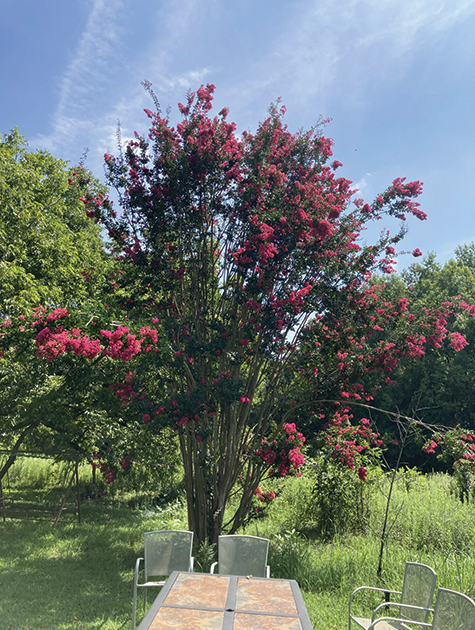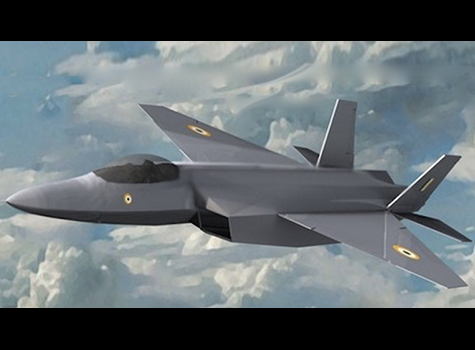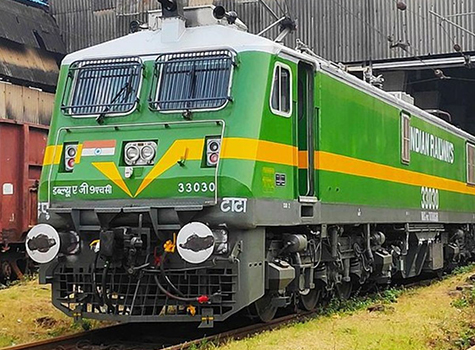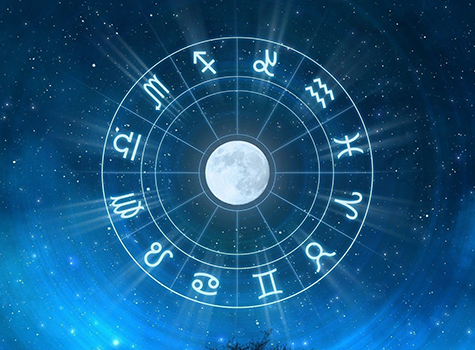 Humans have always been on the move. We are an eternally restless bunch. Since the beginning of our time, people have hit the road for distant lands for numerous reasons – to escape atrocities, fight for survival, seeking spirituality, adventures. Other reasons include the wrath of nature, changing ecosystems and climates.
Humans have always been on the move. We are an eternally restless bunch. Since the beginning of our time, people have hit the road for distant lands for numerous reasons – to escape atrocities, fight for survival, seeking spirituality, adventures. Other reasons include the wrath of nature, changing ecosystems and climates.
There are also, of course, plenty of opportunity migrants, seeking better lives for themselves and their families. Immigrants headed for greener pastures.
There are as many individual tales as there are immigrants. The interlocking of joys and fears, opportunities and achievements, setbacks and disappointments. Lives set off to other lands for unknowable resets.
Migrations are generally undertaken between two points, where sometimes along the way other points are added, but the path is always nonlinear, with outcomes and results different for every person, marked by their individual trajectories.
One such journey was undertaken by a family embarking on a migration, like a small flock of birds taking off, flying across borders, oceans, to a new land, a different world. This was just another one of millions of treks that have been undertaken by humans, over centuries, over millennia.
The types of journeys that result in the resetting of familial paths. This journey was also on an unfamiliar path, a whole new trajectory, taking a long hop from a small town in Gujarat in the ancient land of India to the concrete canyons of New York City in the youngish land of America.
This journey, from that small Indian town to the heaving city mass of New York, was made by my family. Some migrants arrive on foot, many other migrants of the past arrived at American shores in boats, entering via Ellis Island, the iconic gateway for immigrants.
We rode in on a jumbo jet, landing in JFK.
The unknowns of a new city, a new country, spread out in front of us, far and wide.
This little nuclear family, half a dozen wide-eyed humans, a six pack if you will, packed up and moved on two different days in 1974.
Our father arrived earlier that year, setting up a small homestead.
The quintet, mom and us four siblings, caught up with him on a lovely September day in 1974, reunited and ready for life’s new adventures. We had hardly unpacked and were immediately tossed into the raging currents and waters that all immigrants must navigate, with minimal instructions or direction.
Our melting into the greater American melting pot began the moment we landed.
These migrations, connecting two points, the familiar and the unfamiliar, have marked the passages of countless lives, loosening familial bonds in a familiar land and reconnecting elsewhere in an unfamiliar land.
The points of India and the United States turned out to be natural connectors for us. I know of no two other countries that are such natural partners, bound in similarities and spirit, with irrefutably connected auras.
Different, yes, yet gazing at the same horizon. The two most diverse democratic countries, one young one ancient, are seeing their paths converge more and more in recent years, to help settle the unraveling of a hardening world.
You can argue with me, but India and the United States will ease humanity through this most technologically unhinging century. They will help a disjointed world move forward. No other partner countries are up to the task.
Our migration marked the setting up of roots. Over the years, other family members followed. Children and grandchildren were added to the family. We are today what the blending of the two cultures made us, in sync, belonging to both, but now as American as samosas and naan.
Sometimes, though, I imagine, like many migrants have likely imagined, and that is what might have been, what could have evolved, what roads would have marked our lives, if that migration in 1974 had not been taken. If we had stayed put. This occasionally practiced philosophical ‘what if’ is a unique marker of humans, the only species on this planet that would consider those two simple words together.
We were migrants of opportunity. My thinking is that yeah, our lives would be a little different, but the essence of the pursuits would have been the same. The six of us would still be the same person individually but colored with a different palate. That is the magic of these two lands. For me, this duality, ancient and young, feels natural, wholly real and complete.
We are proud Americans who are proud of our heritage – our past, our elders and traditions – and they are interwoven with our present, our children and contemporary mores. A classic American story.
Today is another lovely September day, 50 years later, in 2024. A half century has flowed by like a fast-moving river, along the way encountering soft breezes and hard rains, joys and setbacks. Seeds were planted and now the roots have long settled, the horizons of both East and West have clearly melded. There is, for us, only one horizon, no matter in what direction we gaze. And that is the horizon of what is to come, sitting contented and settled, yet always ready.
A half century has passed since our family’s migration, with lives realigned and now fully intertwined to the lands of these United States. An American story continues.
50 years. Half century. Full bond.
Samir Shukla is the Editor of Saathee Magazine.
Contact: samir@saathee.com
Twitter/X: @ShuklaWrites
Newsletter: ShuklaWrites.Substack.com



